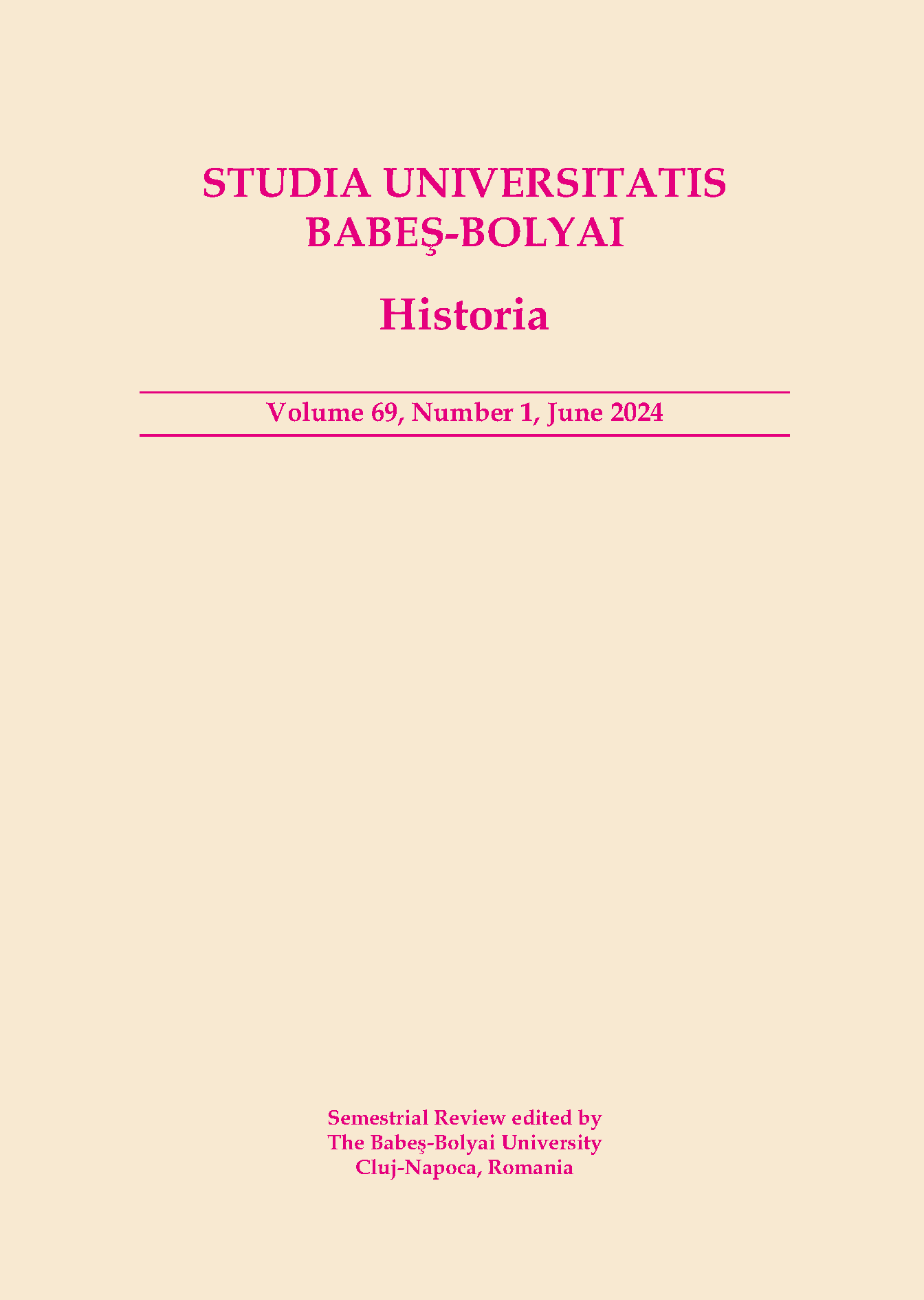PERSPECTIVES ON THE BACKSLIDING IMPACT OF HELSINKI ACCORDS ON ROMANIA’S HUMAN RIGHTS POLICIES
PERSPECTIVES ON THE BACKSLIDING IMPACT OF HELSINKI ACCORDS ON ROMANIA’S HUMAN RIGHTS POLICIES
Author(s): Paul PopaSubject(s): International Law, Diplomatic history
Published by: Studia Universitatis Babes-Bolyai
Keywords: human rights; the Helsinki Agreements; human rights protection policies;
Summary/Abstract: The Helsinki Accords and their human rights provisions have been seen as pivotal in fostering dissident networks and improving human rights in East-Central Europe. In Romania, the political culture was characterized by a focus on security over individual liberties. While the Helsinki Accords were intended to promote human rights and cooperation in Eastern Europe, their effect in Romania was counterproductive. The regime’s interpretation of the Accords allowed it to maintain a repressive stance, which, in turn, isolated the country internationally. The Romanian communist leadership viewed the Helsinki Accords primarily as a means to shield itself from external interference, entirely sidelining the human rights commitments outlined in the agreement. This interpretation allowed the communist regime to justify its oppressive policies while presenting a façade of compliance with international norms. As a result, rather than fostering positive change, the Accords contributed to Romania’s isolation on the international stage, particularly as the country became the only one in the Eastern Bloc to see a deterioration in human rights conditions post-signing.
Journal: Studia Universitatis Babes-Bolyai - Historia
- Issue Year: 69/2024
- Issue No: 1
- Page Range: 32-44
- Page Count: 13
- Language: English

